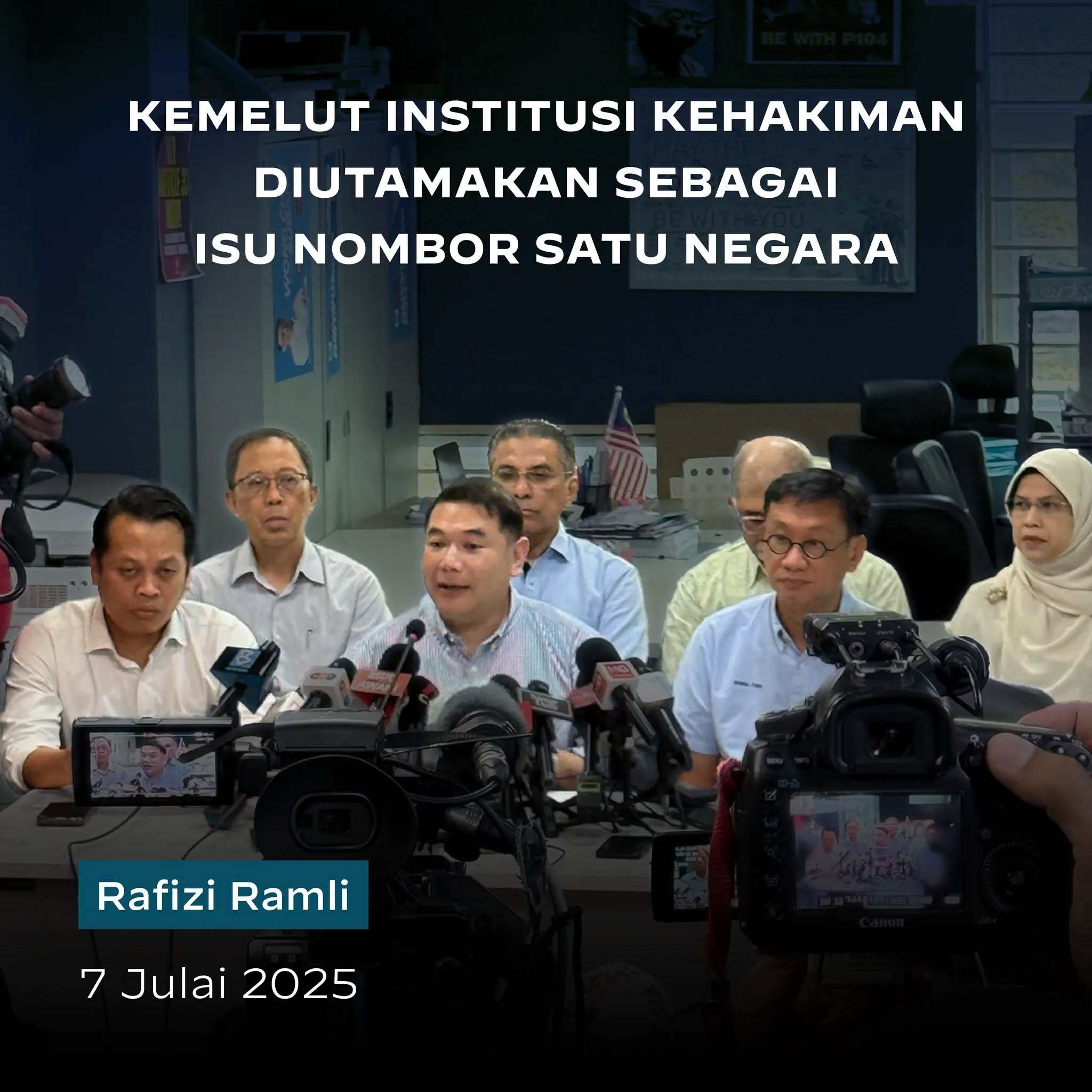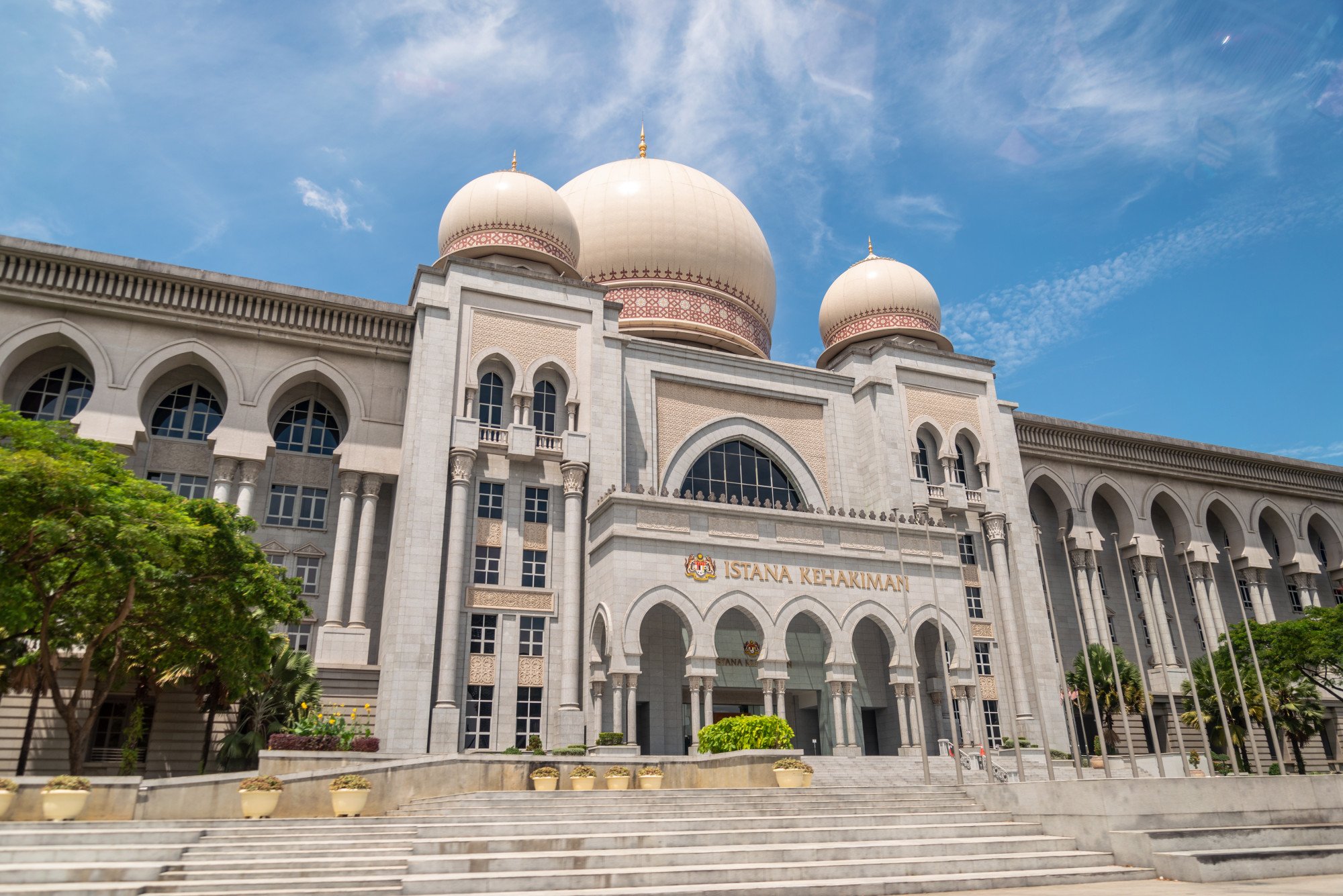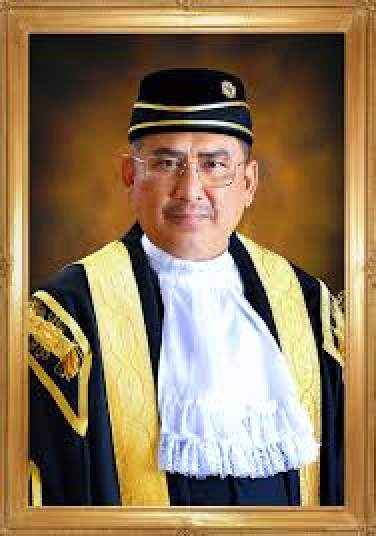Malaysia’s judicial crisis: Anwar’s party members want him to ‘clear the air’
Former ministers Rafizi and Nik Nazmi are calling for royal and parliamentary inquiries into the alleged irregularities

Senior Malaysian lawmakers are calling for both a royal inquiry and a parliamentary investigation into Prime Minister Anwar Ibrahim over alleged irregularities in judicial appointments, warning that such actions risk plunging the country’s judiciary into scandal once again.
Last week, Anwar’s administration declined to extend the tenure of widely respected chief justice Tengku Maimun Tuan Mat and Court of Appeal president Abang Iskandar Abang Hashim. This leaves the future leadership of the nation’s top courts in limbo as four more senior judges are set to retire by year’s end.
Top lawmakers have accused Anwar of being slow to act despite the Judicial Appointments Commission (JAC) having already nominated candidates to succeed the two top judges and submitted its recommendations to the prime minister.
On Monday, nine backbenchers from Anwar’s People’s Justice Party (PKR), led by former economy minister Rafizi Ramli, called upon the two institutions to summon the prime minister to “clear the air”, warning that the controversy had now escalated into a crisis.
“The biggest issue that the public should be worried about is the integrity of the judiciary,” Rafizi said. “You cannot bury your head in the sand; it will not go away.”

Standing alongside him were former environment minister Nik Nazmi Nik Ahmad and other senior PKR lawmakers.
Anwar defended his silence last week, saying there were procedures involving the king and the Council of Rulers that had to be followed. While the king formally appoints top judges, Malaysian law requires him to act on the advice of the prime minister.
“The only person who has all the answers is the prime minister,” Rafizi added.
Malaysia’s judiciary was last thrust into controversy in 2007. In a secretly recorded video, lawyer V.K. Lingam was heard telling the then-chief justice on the phone that he could influence judicial appointments as he had the backing of former prime minister Mahathir Mohamad. This resulted in a royal inquiry.
That episode followed the 1988 judicial crisis, when Mahathir sacked chief justice Salleh Abbas and several other top judges, effectively curbing the courts’ power as an equal branch of government.
The PKR lawmakers also questioned an urgent JAC meeting held on Friday, allegedly to renominate names for the vacant top posts, which circumvented the constitutional requirement of a 10-day notice period for committee meetings.
“These revelations will continue to invite various speculations that could tarnish the government’s credibility and erode public confidence in the independence of the judiciary in the future,” Rafizi said.
Rafizi, who resigned from the cabinet in May to become a vocal critic of Anwar, spoke in a podcast on Friday suggesting there was a push to install former attorney general Terrirudin Salleh as chief justice despite his minimal experience on the bench. Since his expedited elevation to the Federal Court last year, he has written just one judgment.

Terrirudin was recently implicated in a controversy after he filed a police report against a journalist who asked him to confirm if he had been questioned by the JAC for allegedly pressuring chief justice Tengku Maimun on judicial appointments and court rulings.
As he is only 57, Terrirudin’s appointment as chief justice could potentially allow him to shape the judiciary’s agenda and appointments for the next nine years until his statutory retirement at 66.
The revelation on Monday is the latest challenge against Anwar from his own side, coming after the Democratic Action Party (DAP), the largest party in the ruling coalition, publicly urging the prime minister to retain the top judges, saying public confidence in the judiciary was “of paramount importance”.
“We reiterate our position that the extension of the tenures of the said judges would be consistent with the reformist agenda of the government,” the DAP’s Central Working Committee said on July 1.